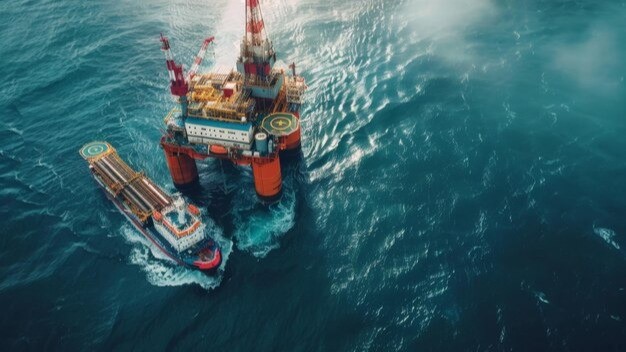New FuelEU Maritime Rules Present Difficult Decisions for Shipping
20/08/2024

With the upcoming introduction of the FuelEU Maritime regulation, shipping companies are facing the challenge of meeting rigorous carbon intensity reduction goals or risking significant penalties. Starting January 1, 2025, the regulation will enforce increasingly stringent limits on the greenhouse gas (GHG) intensity of ship energy, with the standards tightening every five years. These GHG intensity targets will apply to all energy used during voyages and port calls within the EU, as well as 50% of journeys that either enter or exit the EU.
To avoid penalties, shipping companies will need to either reduce their GHG intensity to meet the new standards or pay a FuelEU fine. Reducing GHG
intensity can be achieved by using alternative fuels like biofuels or LNG/LPG, or by participating in pooling arrangements where vessels exceeding their targets can offset the performance of others that fall short.

Albrecht Grell, Managing Director at Hamburg-based maritime intelligence firm OceanScore, has observed that many shipping companies, particularly smaller ones, are choosing to pay the penalties rather than exploring pooling options. He warned that this approach, along with delaying compliance through interest-accruing loans, will likely become more costly over time.
Currently, the penalty for surpassing GHG intensity targets stands at €2,400 per tonne of very-low sulfur fuel oil equivalent (VLSFOe). According to OceanScore, this penalty will increase by 10% annually for those who continue to be non-compliant, potentially reaching €3,360 by 2029.
As the implementation date approaches, shipping companies must carefully consider their strategies to comply with the new regulations while managing their costs effectively.
Source: www.globaltrademag.com


